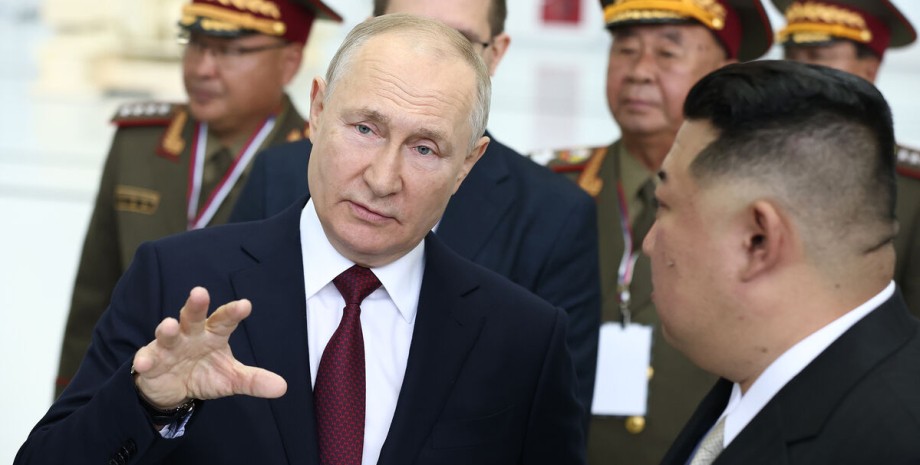
According to her, Pyongyang is looking for direct military assistance from Moscow, including equipment and materials for the production of ballistic missiles, which will have serious consequences, in particular, oddly enough, for China. This is stated in Breaking Defense. Huper noted that in exchange for a huge number of artillery shells and North Korean ballistic missiles, the DPRK wants to receive advanced technologies.
Pyongyang seeks to receive fighter jets, landscapes of the Earth-Air class, armored vehicles, equipment and materials for missile production, as well as other technologies. The adviser believes that countries seem to have established "feedback", and now in the future, these weapons can open new markets for North Korea, providing another source of income in isolation.
"In addition, there are other ways that Russia can support the DPRK, allowing Pyongyang to develop its programs to create weapons of mass destruction and ballistic missiles," the Hooper added. An interesting conclusion about the Russian-Korean military cooperation was voiced by Vice president of American Global Strategies Ellison Huker.
According to her, the intriguing effect of the second order of new close relations of Russia and the DPRK is that China loses its influence on two of its, perhaps the most important neighbors. "It actually reduces the levers of China on North Korea and Russia. It has a number of second -order effects . . . But it ultimately reduces the effectiveness of sanctions on North Korea and Russia, because China's levers are reduced by these relations," - She stressed.










All rights reserved IN-Ukraine.info - 2022